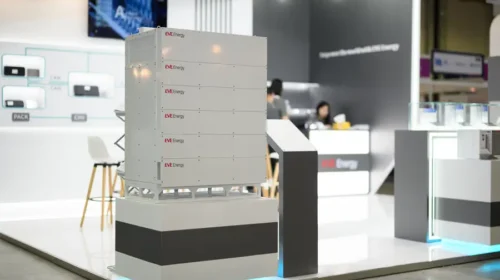FAST NEWS: Goldman Sachs takes up Bilibili stake

The Latest: U.S. banking giant Goldman Sachs purchased about 2.54 million Hong Kong-listed shares of Bilibili Inc. (BILI.US; 9626.HK) on Jul. 1, raising its stake in the video-sharing platform from 6.26% to 7.04%, according to a new Hong Kong Stock Exchange filing.
Looking Up: Such an increase by a major institutional buyer is usually a positive sign, implying the investor is optimistic on the company’s prospects and believes the stock may have some upside.
Take Note: Bilibili’s share price has been sluggish lately, down 13% from the highs of the past month, even after Goldman Sachs increased the company’s stake, it has yet to boost its share price.
Digging Deeper: Bilibili is a popular livestreaming platform, but has been unable to shake off its chronic losses since its 2018 IPO. The company is still in the red, but last year’s focus on improving operational efficiency narrowed its adjusted loss by nearly half, even as revenue rose by only about 3%, thanks to lower selling, administrative and R&D expenses. In the first quarter of this year, its revenue rose 11.7% to 5.66 billion yuan ($779 million), driven by growth in advertising and value-added services, with adjusted loss fell 56% to 460 million yuan.
Market Reaction: Bilibibi’s Hong Kong shares fluctuated slightly on Friday, closing down 0.2% at HK$125.2 by the midday break. The stock now trades near the upper end of its 52-week range.
Translation by A. Au
To subscribe to Bamboo Works weekly free newsletter, click here





